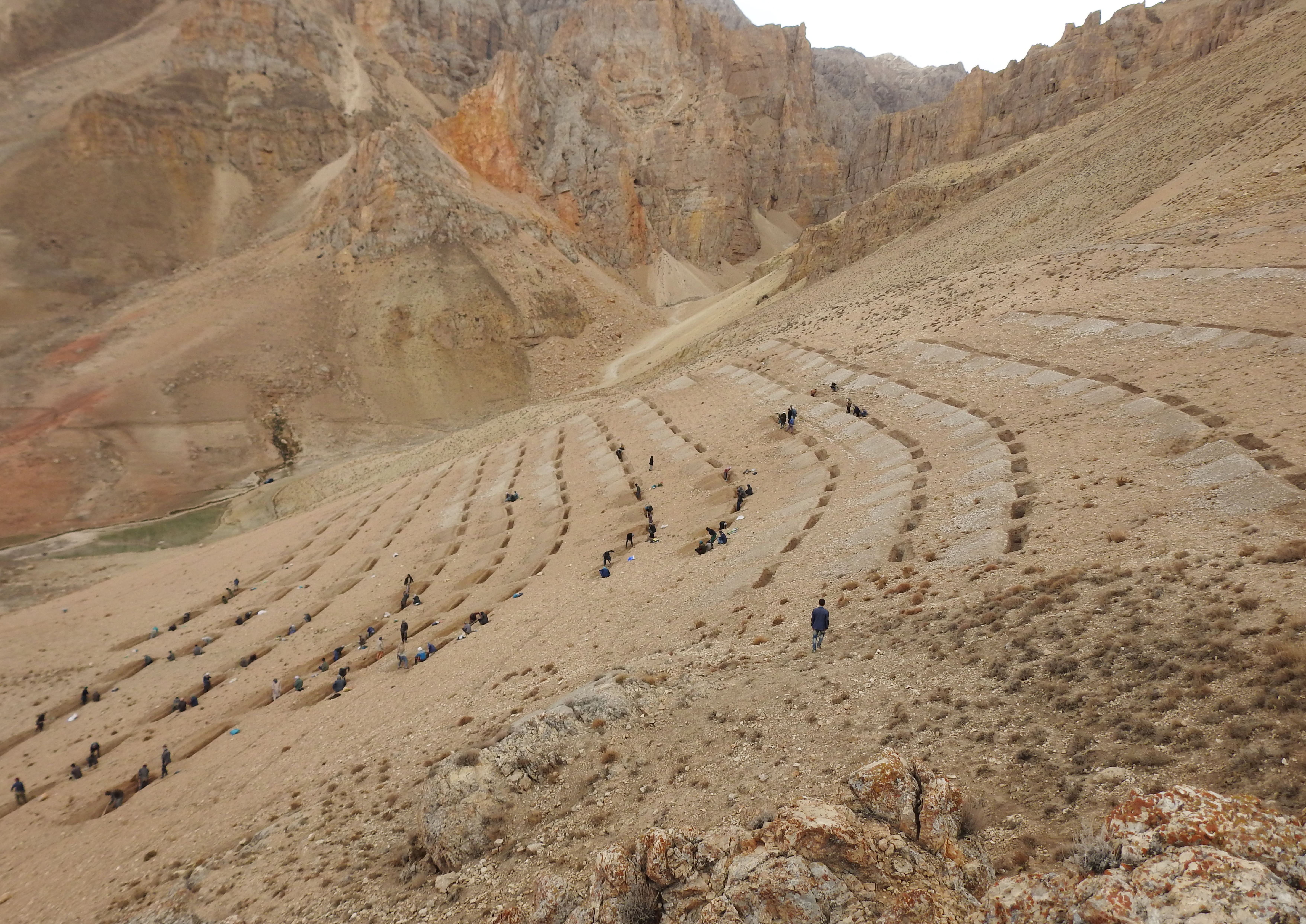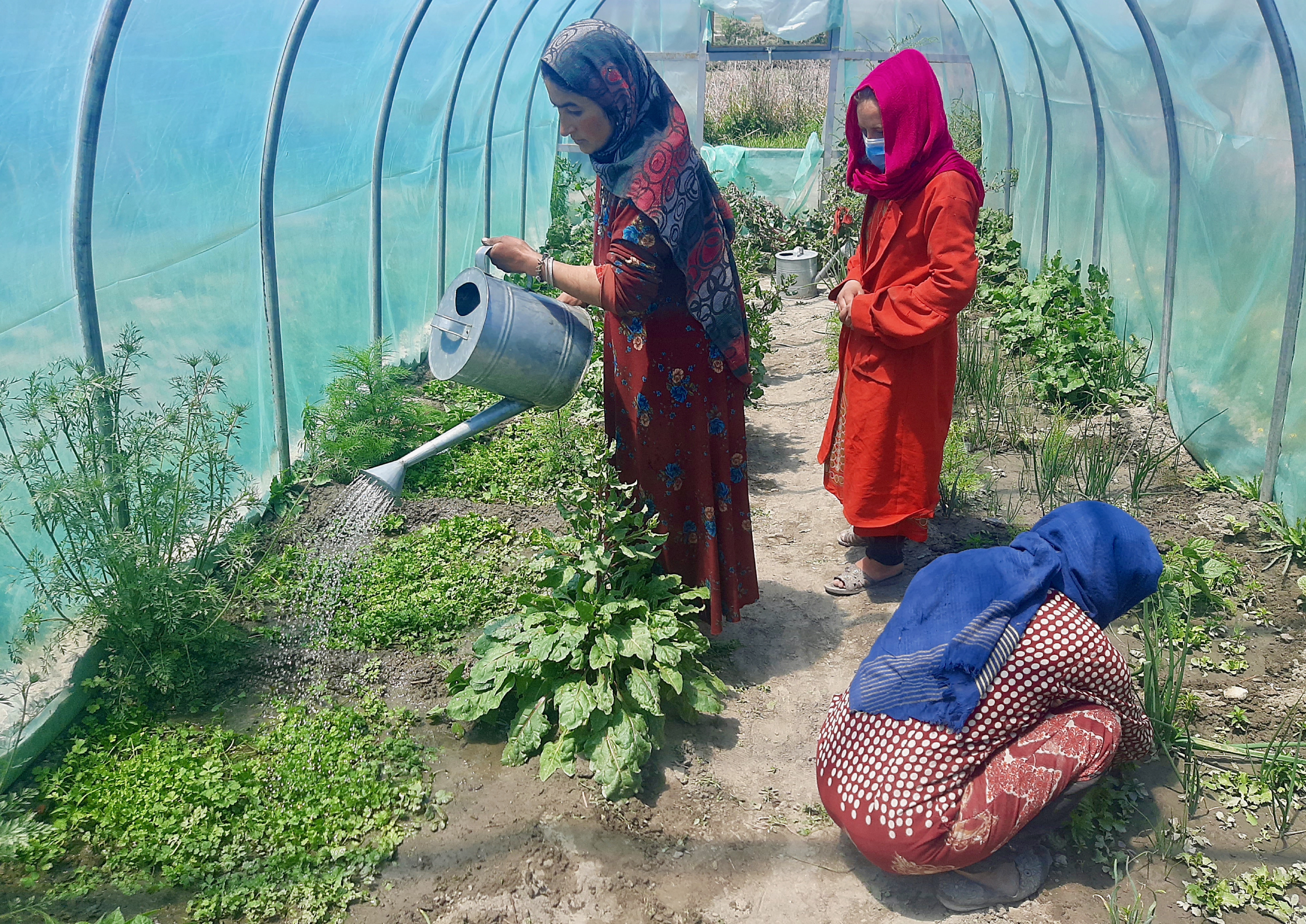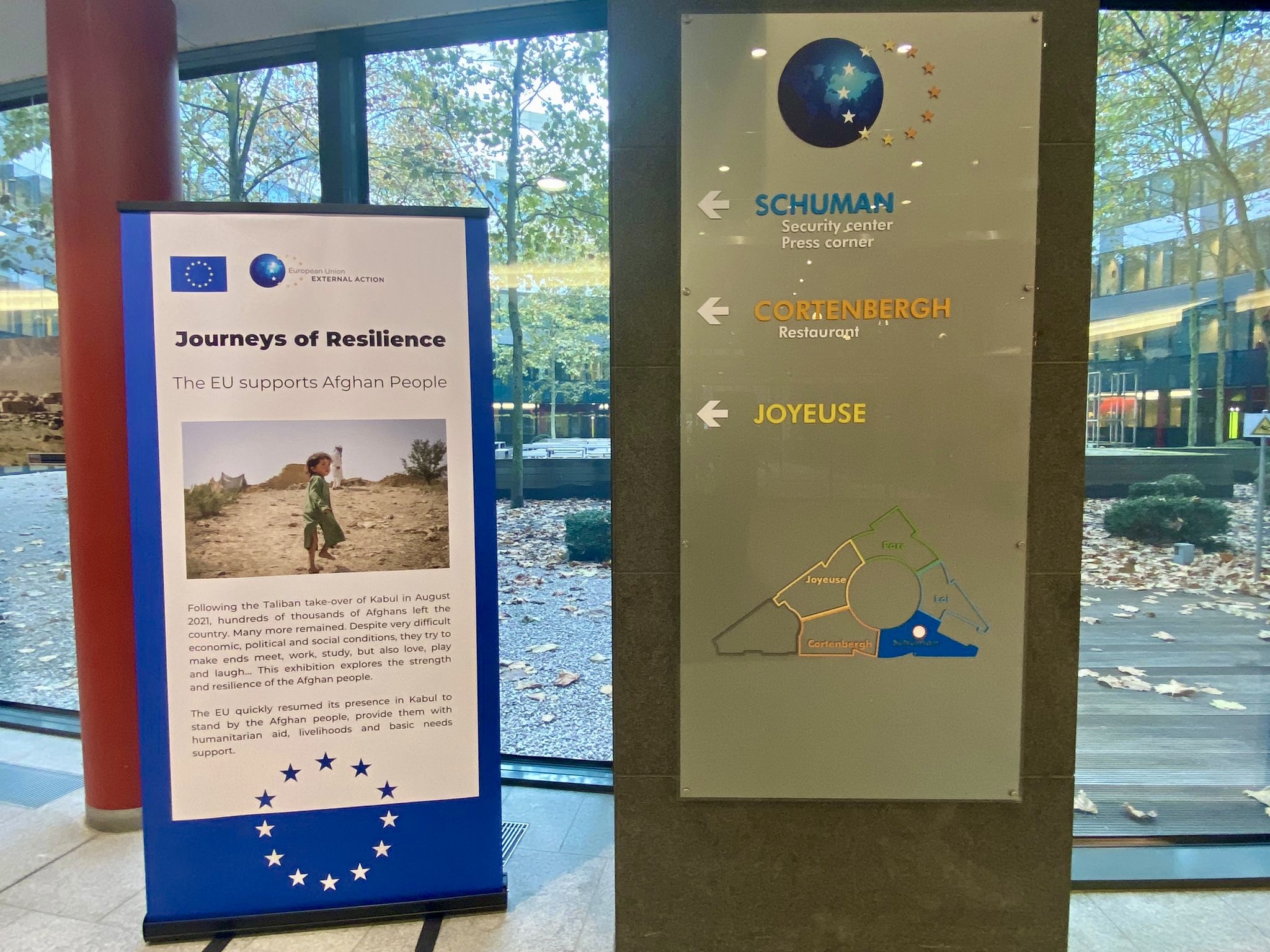Climate Change Vulnerability Assessment in Afghanistan
The EU Delegation to Afghanistan has officially launched a climate change vulnerability assessment for the Panj Amu River basin in Afghanistan, carried out through a partnership with international non-governmental organisations and high-level scientists. This in-depth study coordinated by the Wildlife Conservation Society (WCS) is a first-of-its-kind resource in the region that will inform climate-resilient territorial planning, interventions, and policies.
To ensure that these cutting-edge vulnerability assessment results are used to their full potential for humanitarian assistance, sustainable development, and biodiversity conservation in the country, WCS will make the results publicly available and usable as planning tools on a digital platform from December 2023.

Rangelands of Afghanistan are degraded by overstocking and the overarching effects of climate change. The EU supports vast projects of rangeland restoration through landscape engineering methods and greening of created terraces.

The EU supports the development of greenhouses for vegetable growth in the high elevation Wakhan, an activity that improves food security and empowers women. Warming climate now allows this farming activity to develop succesfully in Wakhan.
In November 2023, the Diplomatic Service of the European Union (EEAS) hosted a photo exhibition in its Brussels headquarters to showcase the EU suspport to the Afghan people, which included WCS's work on climate change.

